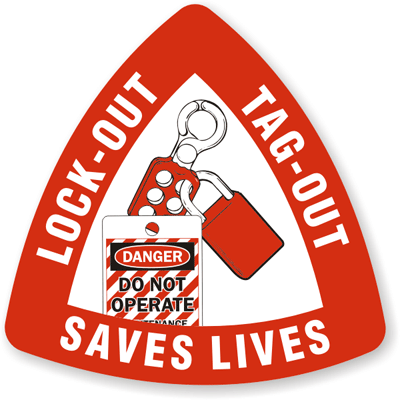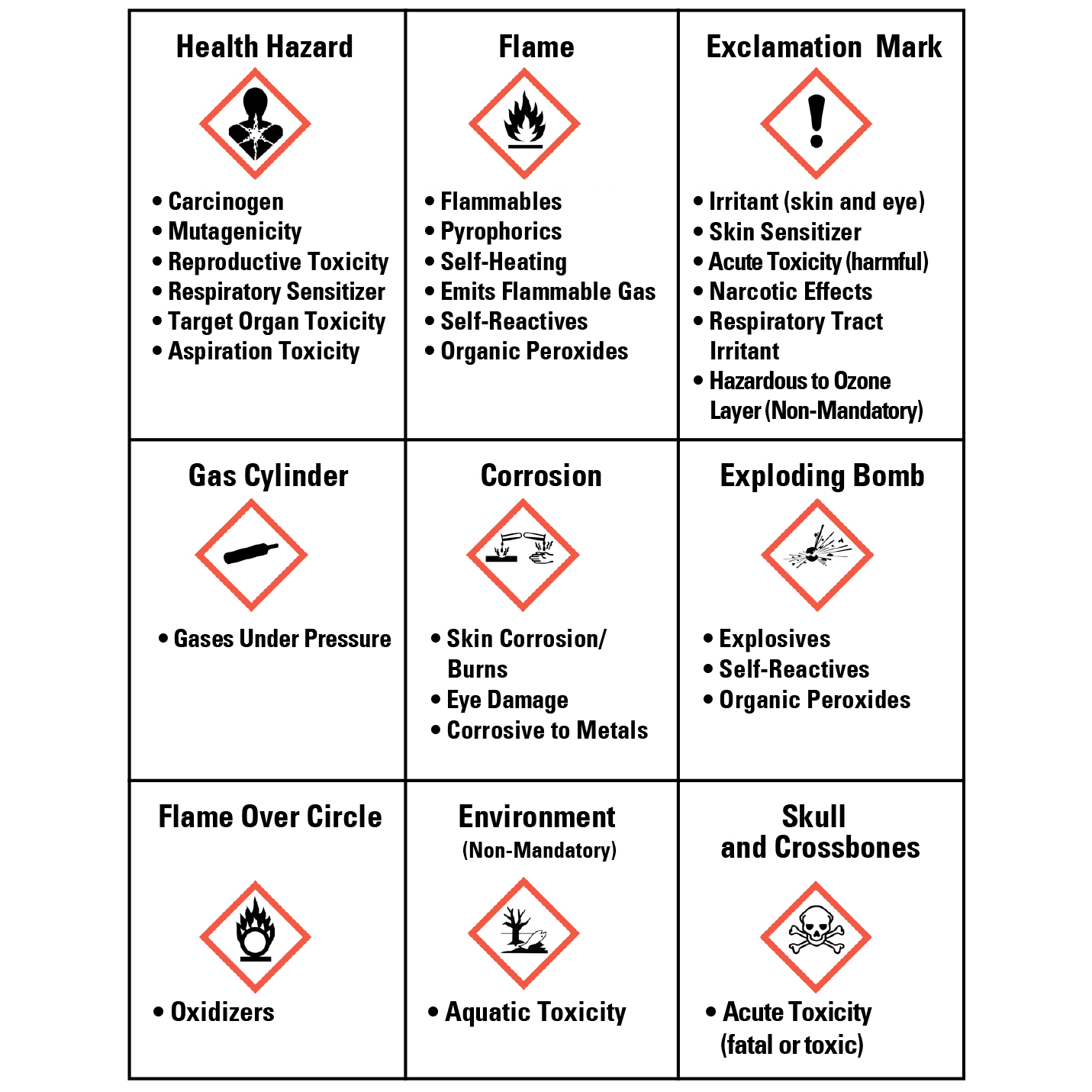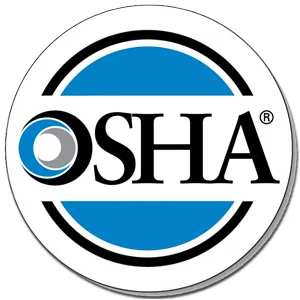OSHA 300A Forms Deadline Quickly Approaching
/2016 OSHA 300A forms are due by December 15, 2017. OSHA electronic reporting can be complicated and confusing, so our experts are here to assist you in properly reporting workplace injuries and illnesses.
Read More














